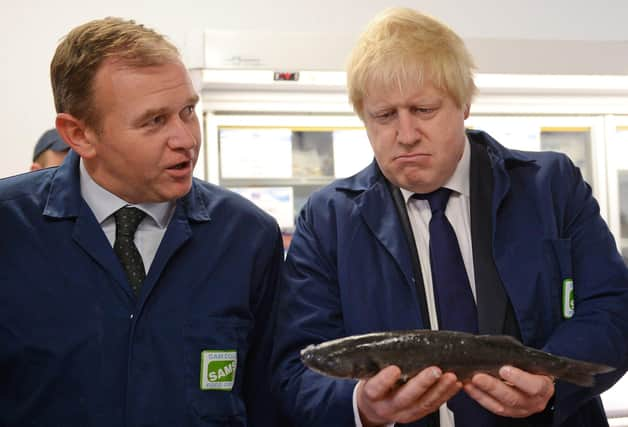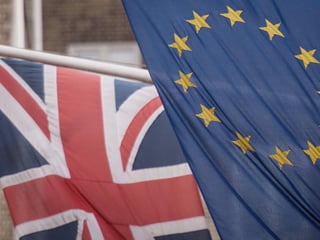Brexit: What does Boris Johnson's trade deal change for Scotland?


For businesses the trade deal is a great relief, preventing some of the massive problems that would have arisen without an agreement.
However, there will still be wide sweeping changes and more administrative issues, despite claims Brexit will cut out red tape.
Customs
Advertisement
Hide AdAdvertisement
Hide AdOne area that becomes more complicated is the process of businesses exporting to the EU.
Moving goods from Dover to Calais will now require customs declarations to prevent being held up by French officials.
Goods moving out of Scotland will face checks from Friday, meaning companies will need to keep records of their transactions and file the customs declarations in July when the full import controls has been deferred to.
Only about one in eight small exporters has completed preparations, according to the Federation of Small Businesses, while the Road Haulage Association has warned that as many as seven in ten traders are not ready for new customs procedures.
The paperwork will especially affect animal products, with some exporters now needing health certificates, which will make sending products more expensive.
The Scottish Association of Meat Wholesalers says this will add "significant costs" and “almost certainly result in prices of livestock being lowered”.
Limited goods
From Friday seed potatoes will be banned from being exported to the EU, which could have an estimated £15 million impact on the sector in which Scotland accounts for three-quarters of the UK's 280 growers.
Seed potatoes were worth £113m to UK farmers in the year to last June, with sales to the EU from Scotland being around 22,000 tonnes per year.
Advertisement
Hide AdAdvertisement
Hide AdScotland also faces cuts to valuable fisheries such as cod and haddock.
Scottish Government analysis suggests the increase in quota for trawlers is only in five of the 13 fishing areas around Scotland, who have less interest in the growing access to mackerel and herring.
Passports
Scots will also be subject to new passport rules, meaning that to enter the EU they will need at least six months left to be allowed entry.
Pet passports will also no longer be available, with a new four-month process required to take pets with them to the EU.
Motorists may also need an international driving permit, while free roaming with phones will also not be guaranteed.
Immigration
Free movement between Britain and the EU ends, with the UK planning to adopt a “points-based” immigration system.
Overseas workers coming to the UK will now face a test on speaking English, need an employment offer and to earn more than £20,480 a year.
Services
Making up 80 per cent of Britain’s economy, those in auditing and consulting now may need an EU office to continue trading, as well as local approval.
Advertisement
Hide AdAdvertisement
Hide AdThe UK Government has advised companies to be prepared for "additional requirements on the nationality or residency of senior managers or directors", as well as a limit on the amount of equity that can be held.
Standards
Scottish businesses could now have to meet two separate parameters for product standards, needing approval from both the UK and EU to sell in both markets.
The Institute for Public Policy Research has warned that commitments on workers’ rights and environmental standards were so weak standards were likely to diverge over time.
If you haven't already, please consider supporting our trusted, fact-checked journalism by taking out a digital subscription.
Comments
Want to join the conversation? Please or to comment on this article.
